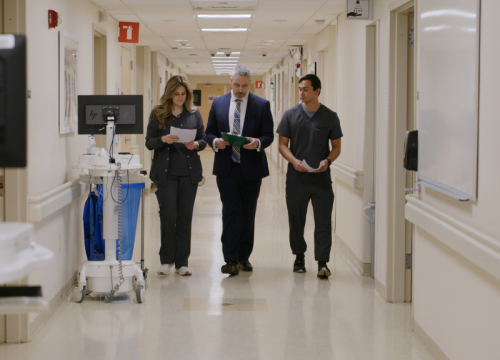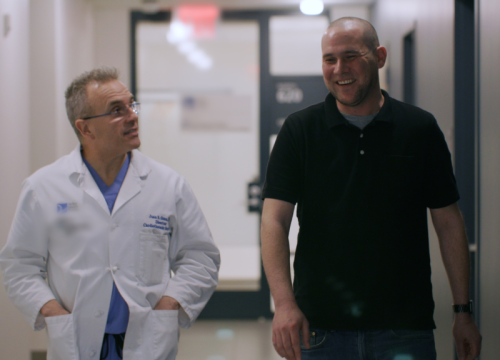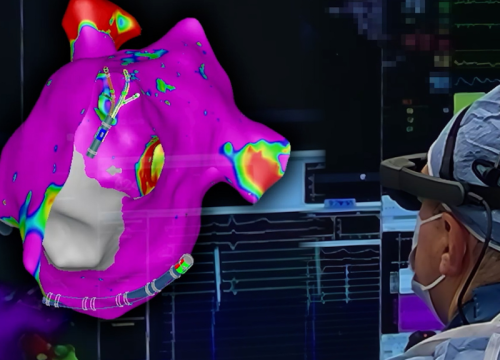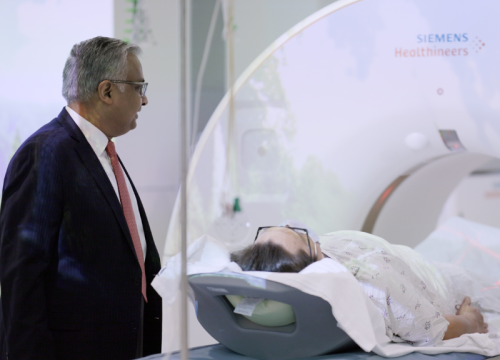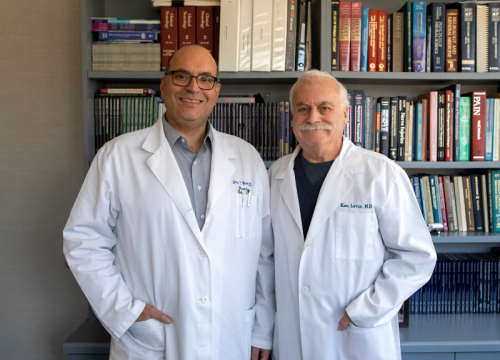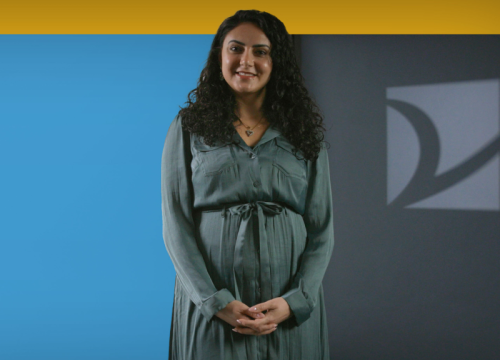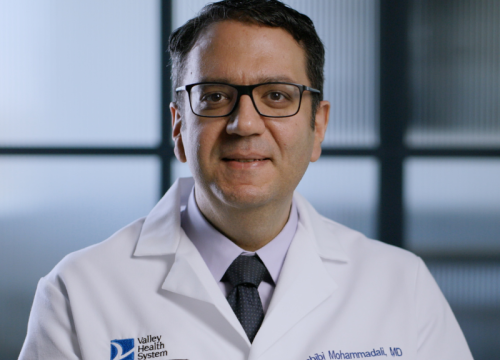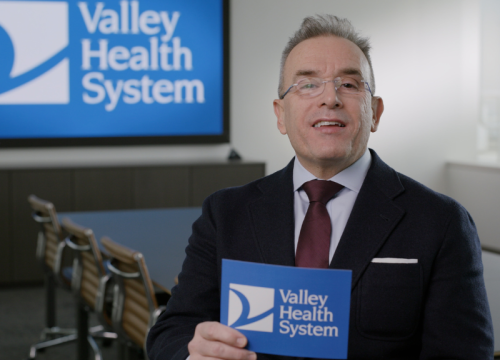Smoking is the biggest risk factor for lung cancer. But because nicotine is highly addictive, it can be difficult to quit smoking on your own.
Quitting smoking can reduce your risks from lung cancer: After 10 years of being smoke-free, a person’s chances of developing lung cancer and dying from it are roughly cut in half, compared with someone who continues to smoke.
Get Help Quitting Smoking
It is never too late to quit, and you do not have to go through this alone.
People who receive counseling, medication or nicotine replacement have a much higher success rate as compared to those who try to go cold turkey.
Smoking Cessation Program
The Valley Hospital's Smoking Cessation Program offers the Tobacco Education and Treatment Program to help you free yourself from smoking:
- Our counselors are specifically trained as tobacco treatment specialists.
- Weekly group meetings enable members to share their experiences, struggles and successes.
- Participants learn about common smoking triggers and successful quitting therapies, including medication and patches.
Quitting Smoking During Lung Cancer Treatment
If you have already been diagnosed with lung cancer, it is important for you to quit.
According to National Cancer Institute research, patients with cancer who continue to smoke may:
- Reduce the effectiveness of their treatment
- Increase the likelihood of a second cancer
Continued smoking may worsen the side effects of treatment, putting you at increased risk for complications following your lung surgery and decrease your survival time.
Health benefits to quitting smoking:
- Improved circulation
- Pulse rate and blood pressure return to normal range
- Sense of taste and smell return
- Breathing improves
- Reduced risk of developing lung infections, such as pneumonia
- Reduced risk of developing other smoking-related diseases, such as heart disease and chronic lung diseases
- Become a better role model for family and friends
- Reduce the amount of secondhand smoke breathed in by those around you





